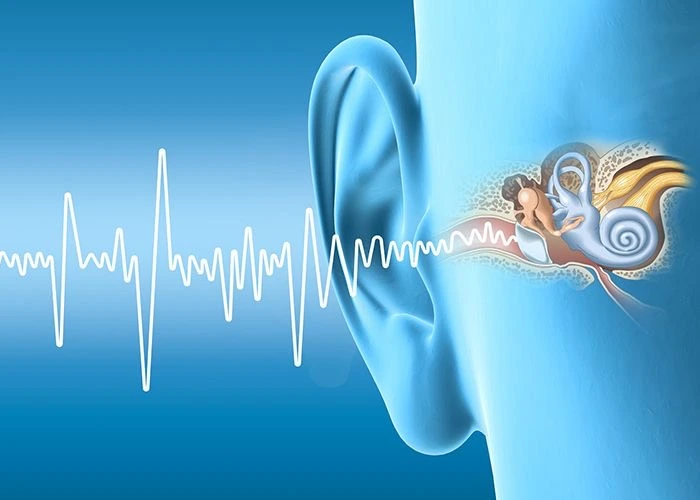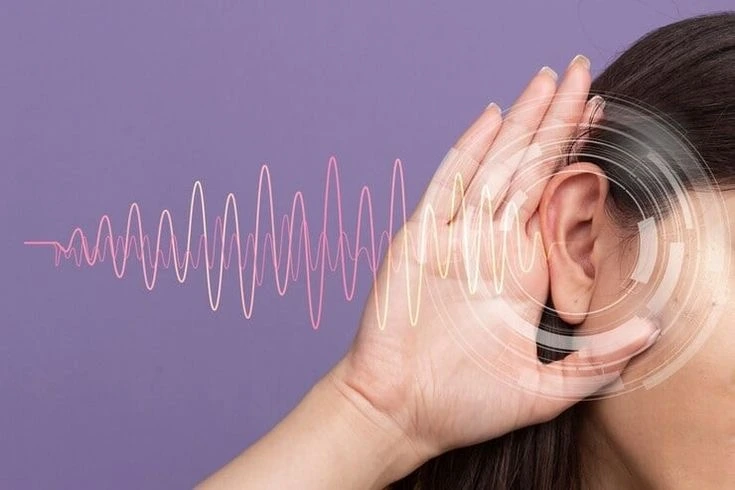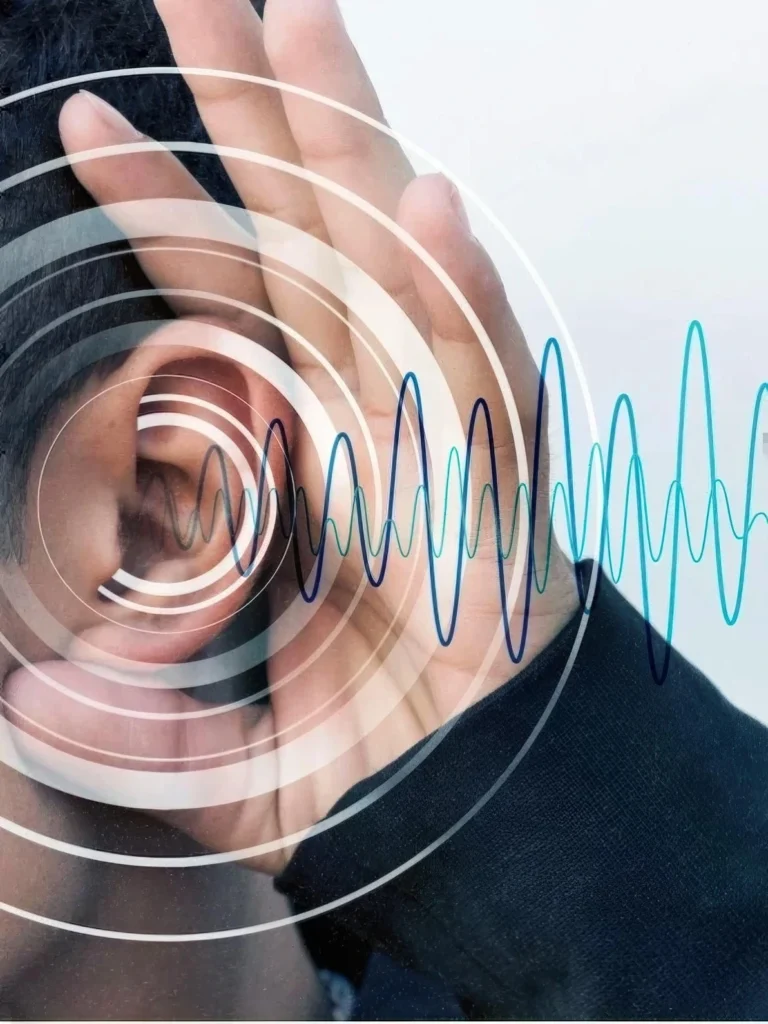
Can Earwax Cause Tinnitus? Understanding the Connection
Tinnitus — the persistent ringing, buzzing, or hissing sound in the ears — is a condition that millions of people experience every day. It can range from a faint background noise to an overwhelming sound that interferes with concentration, sleep, and quality of life.
One question many patients have is: Can earwax cause tinnitus?
The short answer: Yes, in many cases, excess earwax buildup can trigger or worsen tinnitus symptoms.
In this detailed guide, we’ll break down the relationship between earwax and tinnitus, explain why it happens, how to tell if earwax is the cause, and — most importantly — how to treat it safely and prevent recurrence.
1. Understanding Earwax: Nature’s Protective Barrier
Earwax (also called cerumen) is produced naturally by glands in the ear canal. Its primary functions include:
- Protecting the ear canal from dust, debris, and bacteria
- Lubricating the skin inside the ear
- Trapping dirt and preventing infection
Earwax is self-cleaning — in most cases, it naturally moves toward the ear opening, where it dries and falls out. However, for some people, it doesn’t clear as efficiently, leading to impaction.
2. What is Tinnitus?
Tinnitus is not a disease itself, but a symptom of an underlying condition. It’s the perception of sound without an external source. People describe it as:
- Ringing
- Buzzing
- Hissing
- Clicking
- Roaring
Tinnitus can be temporary or chronic, mild or severe.
Common causes of tinnitus include:
- Noise-induced hearing loss
- Age-related hearing decline
- Ear infections
- Certain medications
- Earwax blockage

3. How Earwax Buildup Causes Tinnitus
When earwax accumulates and becomes impacted, it can physically block sound waves from reaching the eardrum properly. This can cause changes in pressure and sound perception, leading to ringing or buzzing sensations.
Here’s why it happens:
- Sound Obstruction – The blockage muffles external sounds, making internal ear noises (like tinnitus) more noticeable.
- Eardrum Pressure Changes – Impacted wax can push against the eardrum, creating a constant pressure sensation and altered nerve signals.
- Ear Canal Irritation – Hardened wax can irritate the sensitive skin inside the ear, triggering inflammatory responses that may worsen tinnitus.

4. Symptoms of Earwax-Related Tinnitus
If earwax is causing your tinnitus, you may notice:
- Sudden onset of ringing in one or both ears
- Muffled hearing
- Ear fullness or pressure
- Earache or discomfort
- Temporary dizziness
5. When to Seek Professional Help
You should consult an ear care specialist if you experience:
- Tinnitus that started suddenly
- Hearing loss along with ringing
- Pain, dizziness, or ear discharge
- No improvement after trying safe at-home remedies
Important: Avoid inserting cotton swabs or sharp objects into your ears — these can push wax deeper, worsening the problem.

6. How Better Ears Removes Earwax Safely
At Better Ears, we specialise in gentle, effective earwax removal techniques to help restore hearing clarity and relieve tinnitus caused by blockages.
Our process includes:
- Microsuction – A safe, painless method using a small suction device to remove wax without water.
- Irrigation – A controlled flow of warm water to flush out soft wax safely.
- Manual Removal – For stubborn or hard wax, using professional instruments under visual guidance.
We assess your ear canal with a video otoscope so you can see exactly what’s inside before and after treatment.
7. Benefits of Professional Earwax Removal for Tinnitus
- Immediate Relief – Many patients notice tinnitus reduction immediately after wax removal.
- Clearer Hearing – Removal improves sound clarity and reduces ear fullness.
- Safe Procedure – No risk of eardrum injury like with home attempts.
- Peace of Mind – We rule out other causes if wax isn’t the main issue.
8. Preventing Earwax-Related Tinnitus
While some people naturally produce more earwax than others, you can take steps to reduce buildup:
- Avoid using cotton swabs inside your ear canal.
- Use a warm, damp cloth to clean only the outer ear.
- Stay hydrated to keep earwax from hardening.
- Schedule routine ear health checks if you’re prone to impaction.

9. What if Earwax Isn’t the Cause?
If we remove the wax and your tinnitus persists, we’ll guide you toward further evaluation. Persistent tinnitus can be linked to:
- Hearing loss
- Middle or inner ear conditions
- Jaw or neck tension
- Blood pressure issues
- Neurological factors
At Better Ears, we work with audiologists and healthcare professionals to ensure you get a full, accurate diagnosis.
10. The Bottom Line
Yes, earwax can cause tinnitus — but it’s often easily treatable.
If your tinnitus came on suddenly or you feel blocked ears, getting a professional ear check could restore your hearing comfort in just one visit.
Call to Action – Better Ears
Don’t let a simple wax blockage steal your peace and clarity.
At Better Ears, we’re here to help you hear better and live better.
📞 Call us at 07706135883
🔗 Visit betterears.org to schedule your session now
